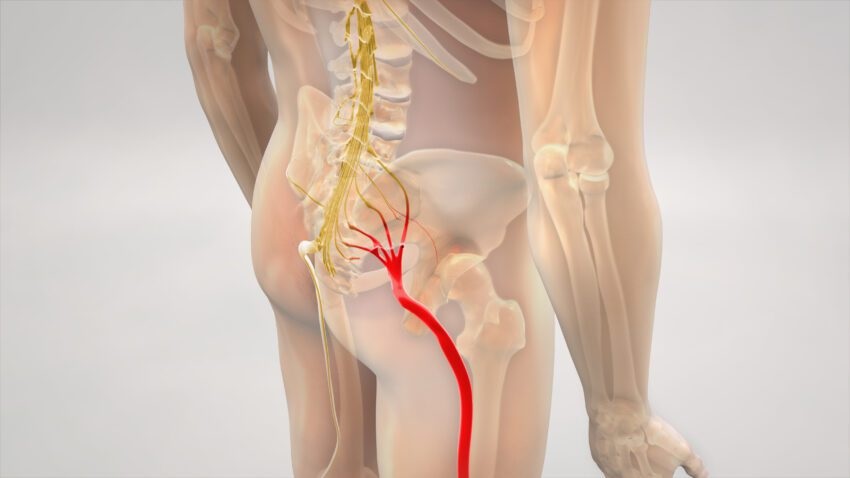Important Things You Should Know About Sciatica

A disorder known as Sciatic nerve deficit (เอ็นร้อยหวายขาด, which is the term in Thai), or sciatica, is characterized by tingling, discomfort, or weakness along the sciatic nerve route, which extends down each leg from the lower back via the hips and buttocks. Recognizing the signs, causes, and possible remedies of this illness is essential to understanding it.
Let us delve into it briefly.
Symptoms
Radiating pain that travels along the sciatic nerve is the primary sign of sciatic nerve deficit. From dull aching to severe, stabbing pains, this discomfort can vary in intensity. In addition, tingling, numbness, or weakness in the afflicted leg are possible symptoms of sciatica. Long periods of sitting, sneezing, or coughing can make the pain worse.
Causes
Compression or inflammation of the sciatic nerve is the usual cause of sciatic nerve impairment. Severe reasons include spinal stenosis, or narrowing of the spinal canal, and herniated discs, in which the soft inner substance of a spinal disc protrudes and pushes on the nerve. Muscle spasms, wounds, or growths pressing on the sciatic nerve are also contributing reasons.
Risk Factors
The onset of sciatic nerve impairment may be attributed to many risk factors. Bone spurs and herniated discs are frequent age-related alterations in the spine. Additionally raising the risk includes sedentary lifestyles, obesity, and jobs requiring a lot of sitting downtime. Sciatica may also be exacerbated by diabetes, which can impair nerve function.
Diagnosis And Treatment
A thorough evaluation of the patient’s medical history, a physical examination, and occasionally imaging procedures like MRIs or X-rays are required to diagnose sciatic nerve deficiency. These studies help determine the underlying cause of the condition. Options for treatment differ according to the severity of the condition and the underlying cause. Conservative methods may involve rest, physical therapy, and the use of prescription or over-the-counter drugs to relieve pain. To lessen inflammation, corticosteroid injections may be advised in specific circumstances.
Surgical intervention may be considered for instances that are severe or chronic to address the underlying source of the compression, such as a herniated disc.
Prevention And Lifestyle Modifications
Lifestyle changes are frequently necessary for the prevention or treatment of sciatic nerve deficiency. Regular exercise can help maintain the health of your spine, especially if it involves strengthening your lower back and core. Keeping a healthy weight and adopting proper posture might help lower the chance of sciatica.
To Sum Up
The symptoms of sciatic nerve deficiency include tingling, weakness, or discomfort along the sciatic nerve route. Comprehending the condition’s signs, origins, and potential hazards is essential for a precise diagnosis and the use of suitable therapeutic approaches to mitigate discomfort and enhance total spinal well-being.